Posts
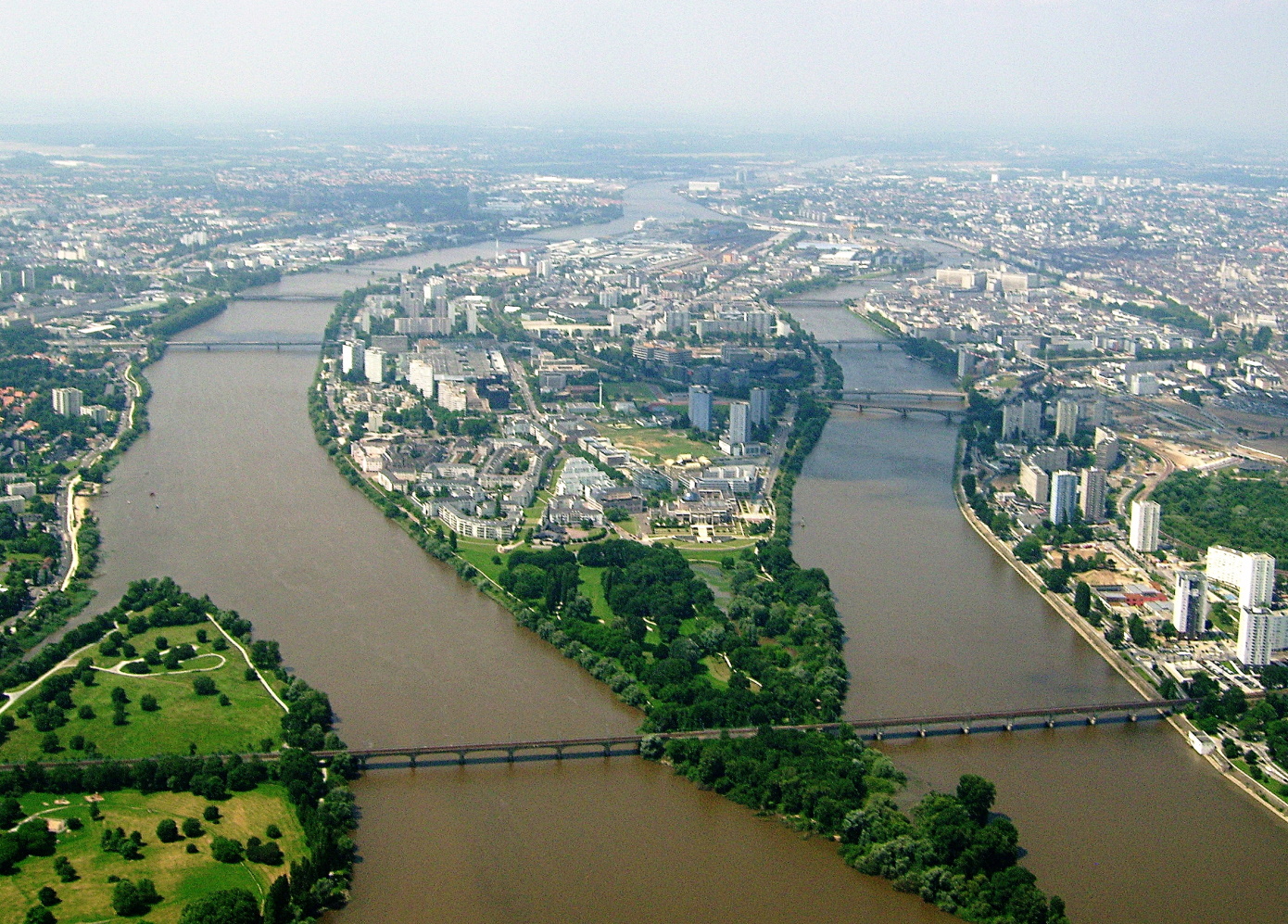
DENV-R, a data center on water
Digital, Energy, Energy & environment, Environment, In the News, Start-up-en, Uncategorized
By continuously ensuring the seamless operation of the digital chain, data centers give off a considerable amount of heat and require additional energy to power their cooling systems. DENV-R, a start-up incubated at IMT Atlantique and present…

Measuring pollution emissions from maritime transport
Energy & environment, Environment, In the News
While road traffic pollution is now strictly controlled, the same cannot be said for the maritime sector, with its different fuels, engine types and regulations that differ depending on the shipping area. The EMINAV project, funded by Ademe…

Eclore Actuators develops highly energy-efficient, bio-inspired actuators
In the News, Start-up-en
Traditional pneumatic and hydraulic actuators are used in all sectors of industry, but they have their limits in terms of energy consumption. Eclore Actuators, a start-up incubated at IMT Atlantique, has redesigned the component using a new…

Virtual reality to improve crisis management and cybersecurity
Digital, In the News
Known for its use in entertainment, virtual reality also offers interesting perspectives for crisis management and cybersecurity. Two projects carried out at IMT Mines Albi and IMT Atlantique aim to virtually simulate crises in supply chains…
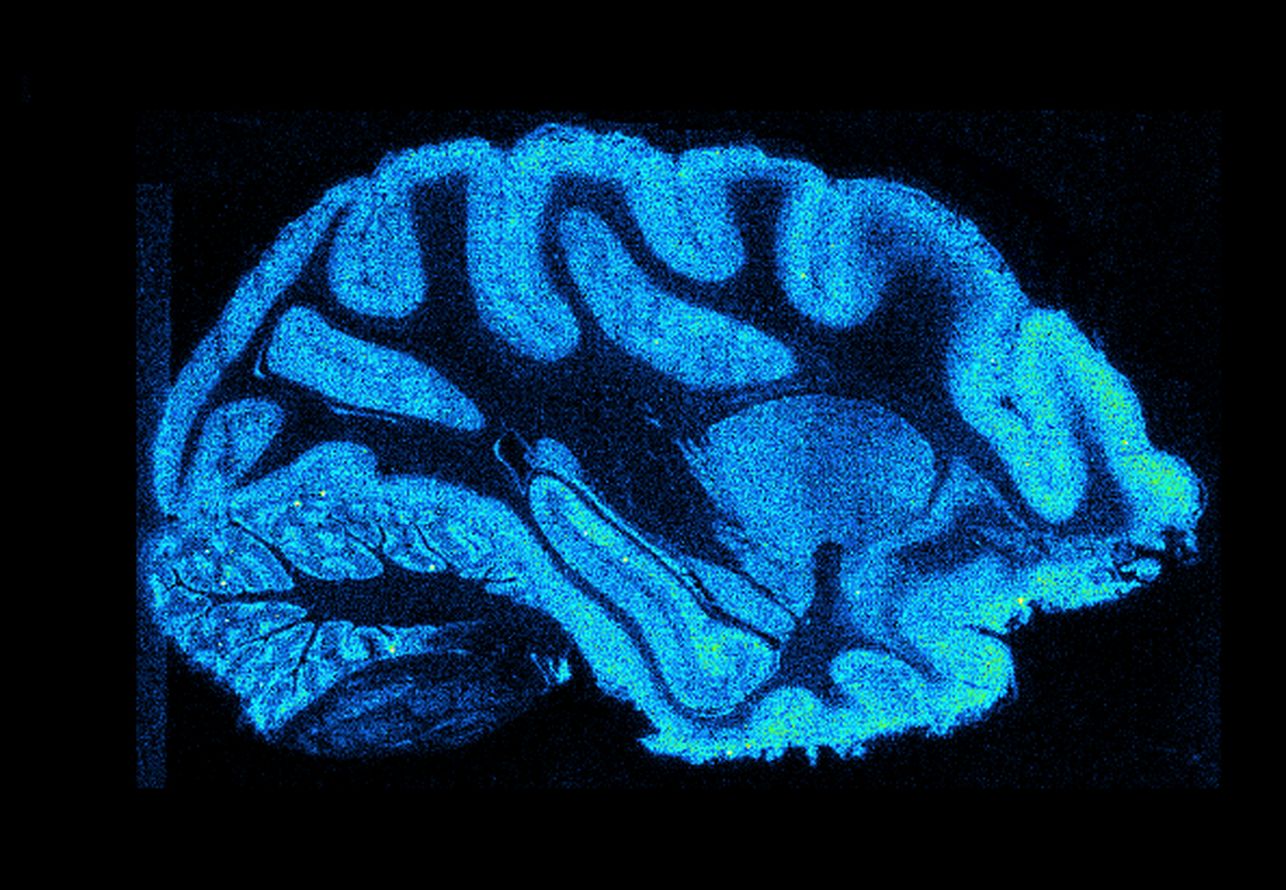
Ai4R: A world leader in an advanced medical imaging technology
Digital, Health, In the News, Start-up-en
Ai4R, a start-up created by a graduate of IMT Atlantique, has developed an autoradiography process for which it markets a range of high-performance machines. With a strong focus on research, it has received support from the IMT Atlantique incubator…

A New Nuclear Plan for France? Understanding current events in the light of history
Energy, Energy & environment, In the News
Michaël Mangeon, Université Paris Nanterre – Université Paris Lumières and Mathias Roger, IMT Atlantique – Institut Mines-Télécom
On February 10, 2022, a few weeks before the first round of the French presidential…
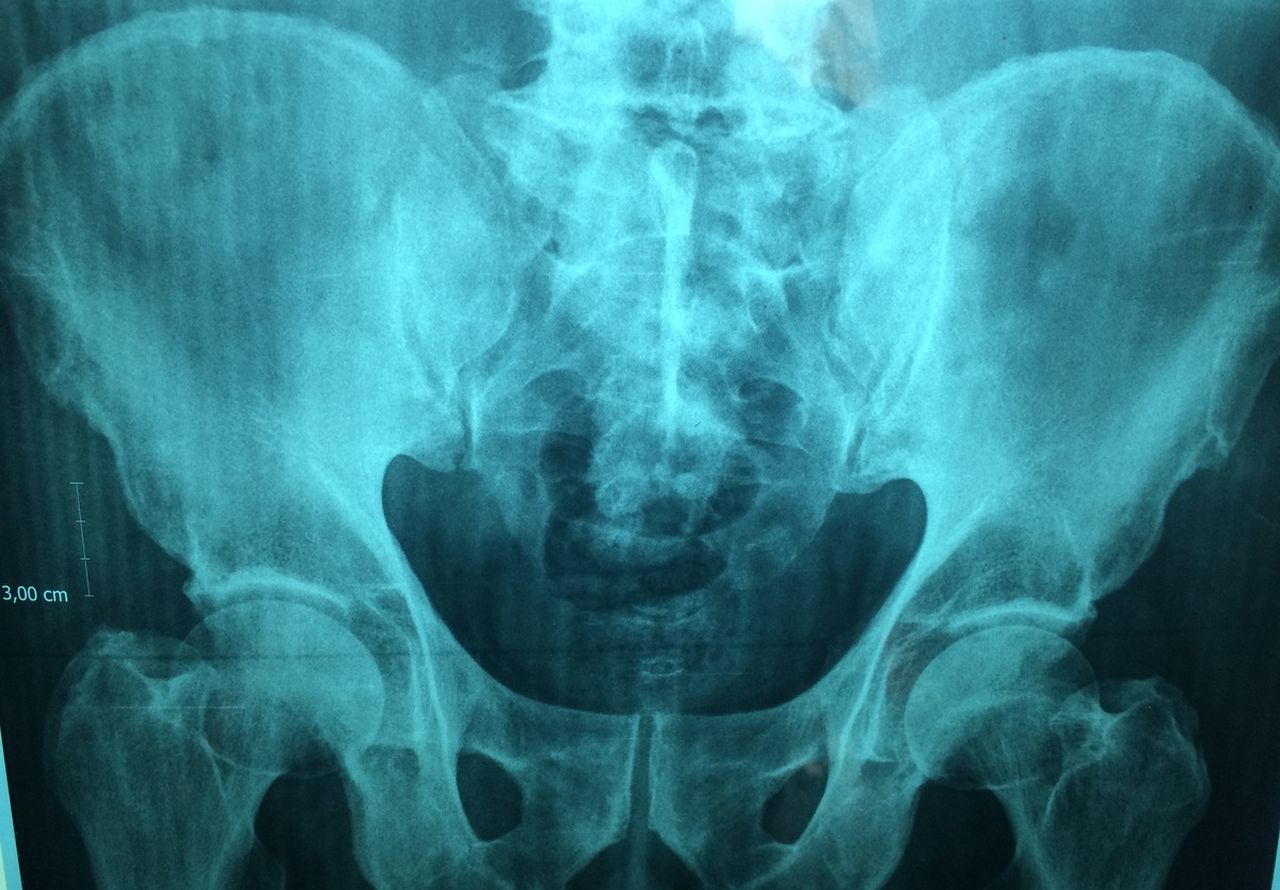
Encrypting and watermarking health data to protect it
Health, In the News
As medicine and genetics make increasing use of data science and AI, the question of how to protect this sensitive information is becoming increasingly important to all those involved in health. A team from the LaTIM laboratory is working on…
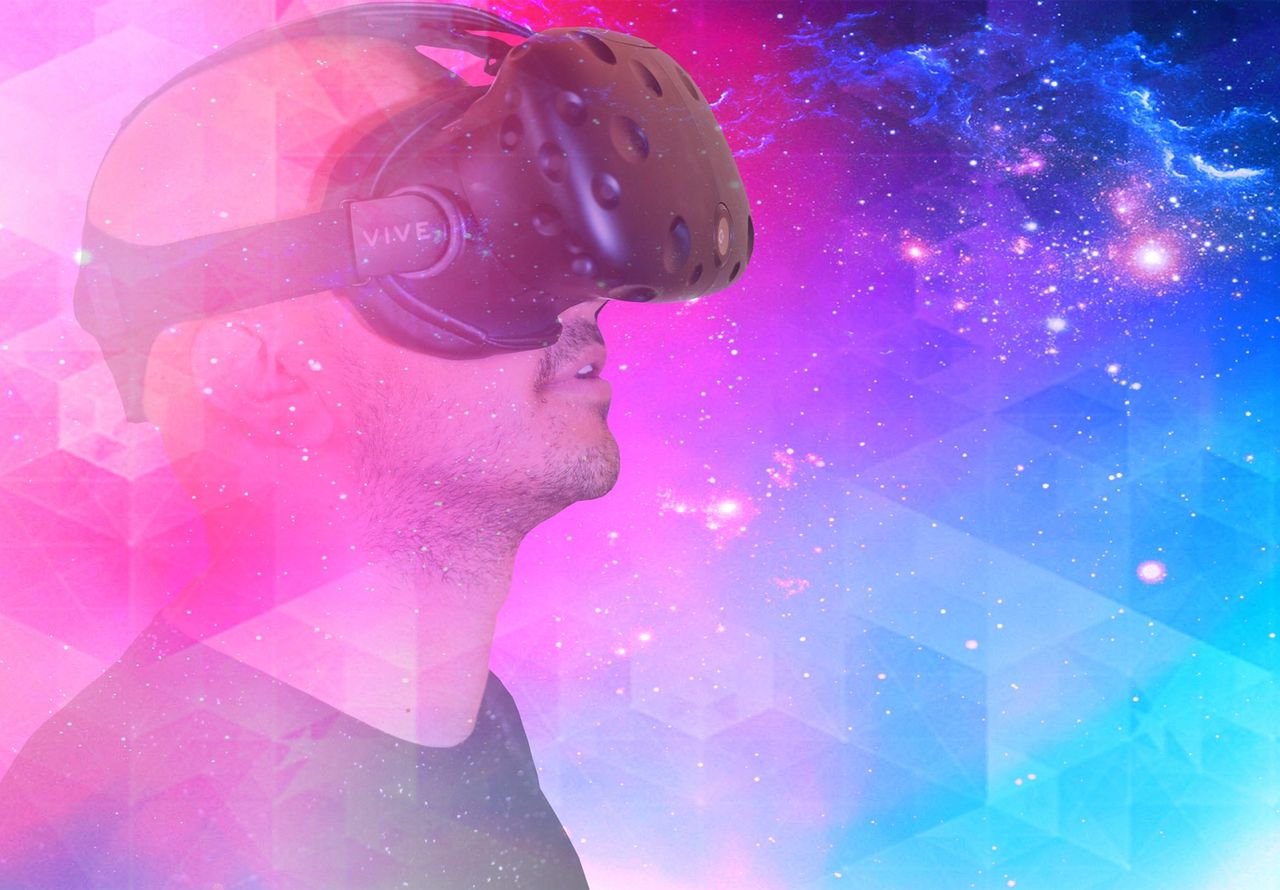
What is the metaverse?
In the News, Digital, In the News, Digital, What's?
Although it is only in the prototype stage, the metaverse is already making quite a name for itself. This term, which comes straight out of a science fiction novel from the 1990s, now describes the concept of a connected virtual world, heralded…
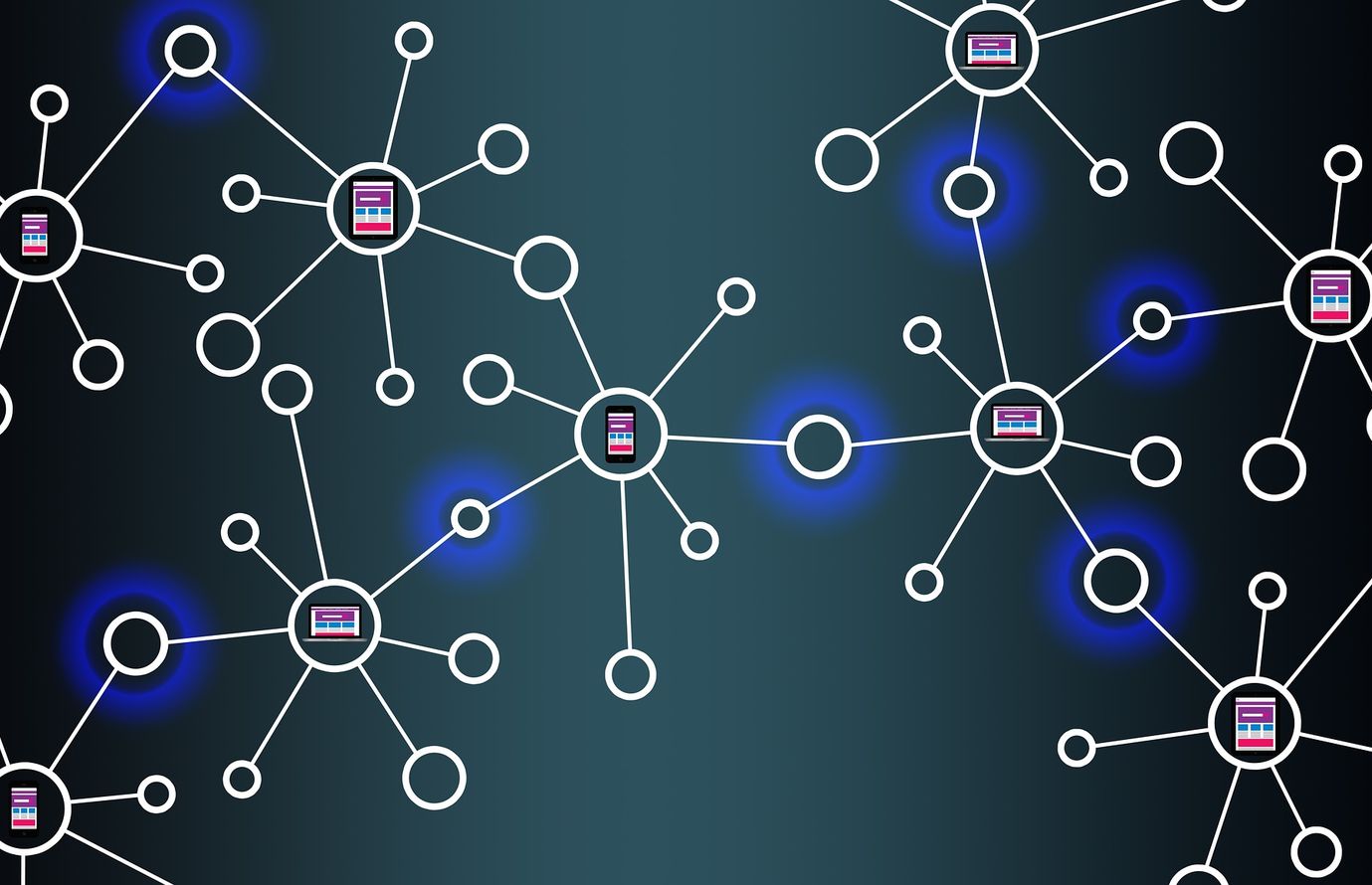
Better network-sharing with NOMA
Digital, In the News
The rise in the number of connected devices will lead to increased congestion of frequencies available for data circulation. Non-Orthogonal Multiple Access (NOMA) is one of the techniques currently being studied to improve the hosting capacity…
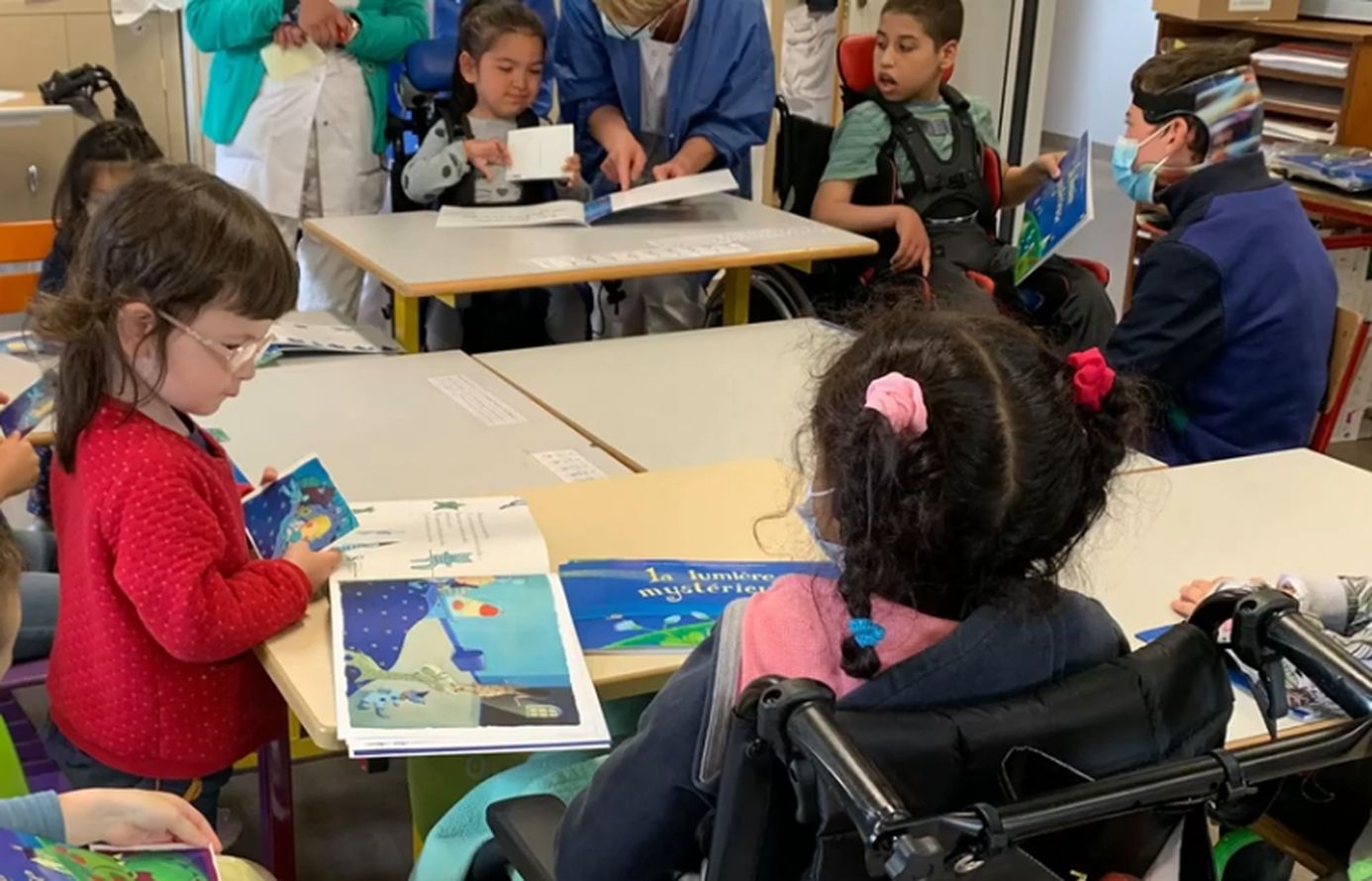
AI-4-Child “Chaire” research consortium: innovative tools to fight against childhood cerebral palsy
Digital, Health, In the News
In conjunction with the GIS BeAChild, the AI-4-Child team is using artificial intelligence to analyze images related to cerebral palsy in children. This could lead to better diagnoses, innovative therapies and progress in patient rehabilitation.…

